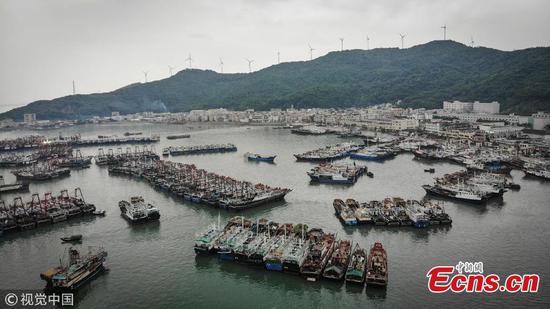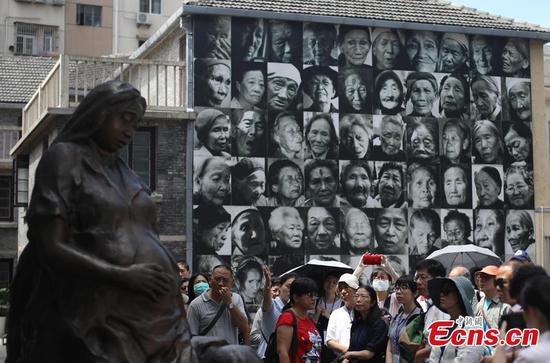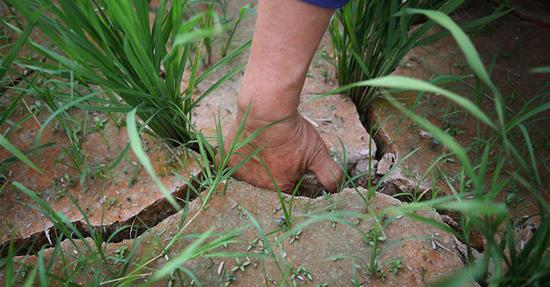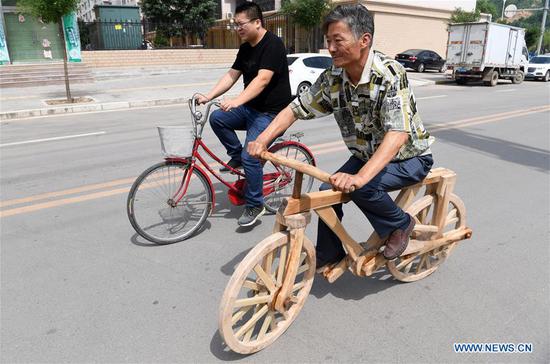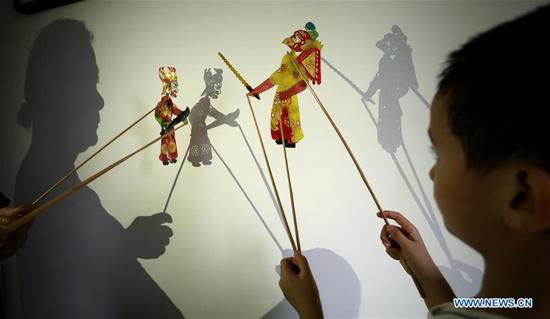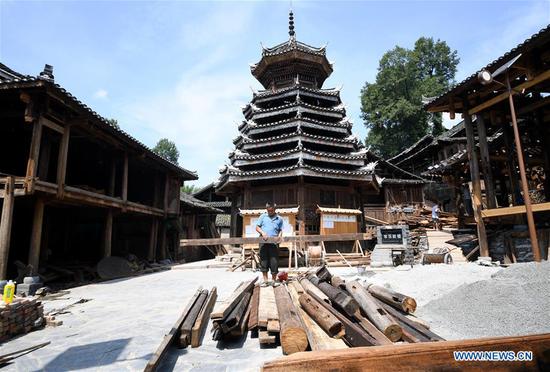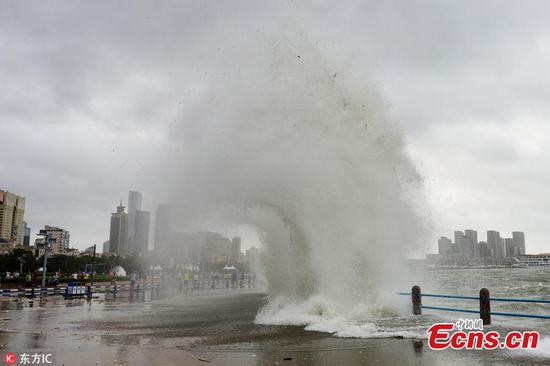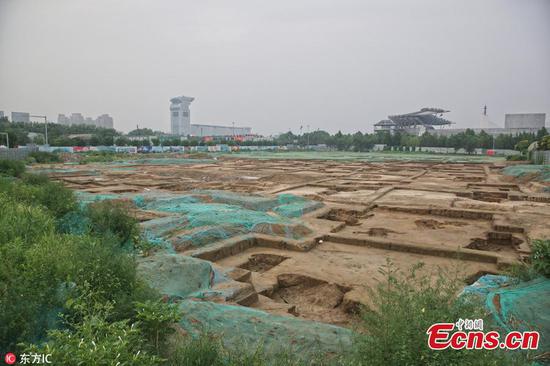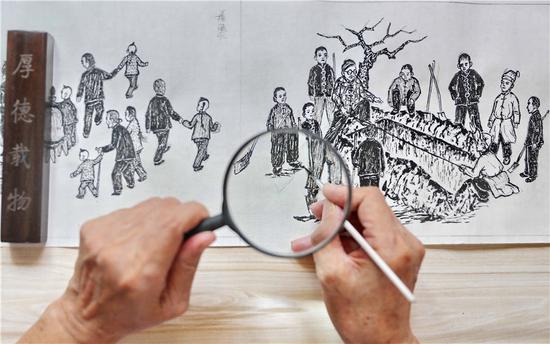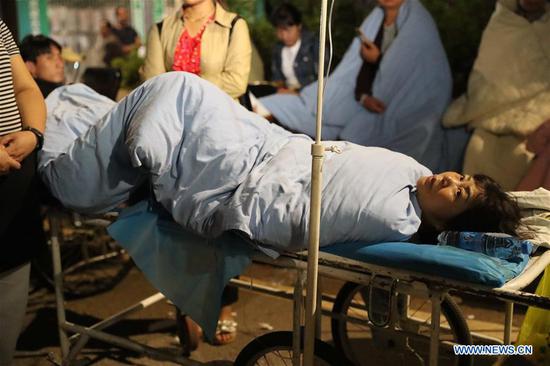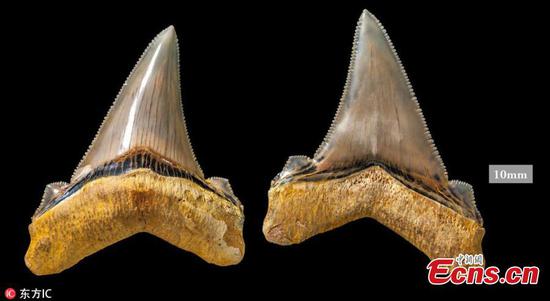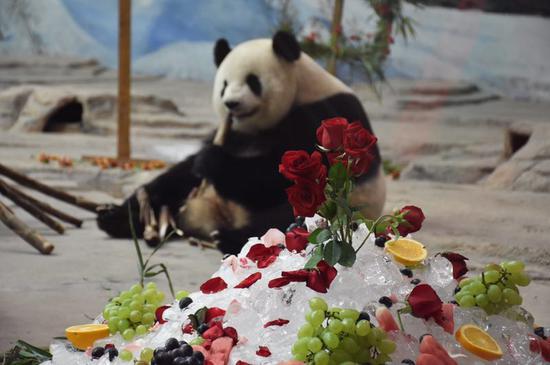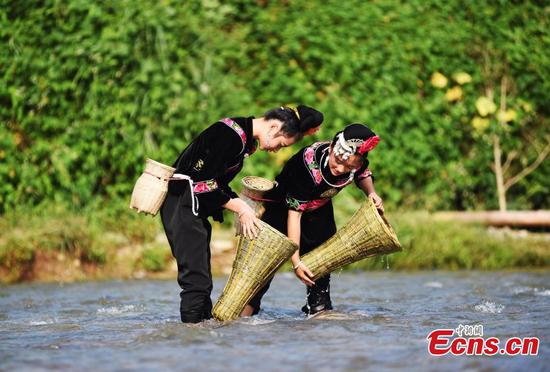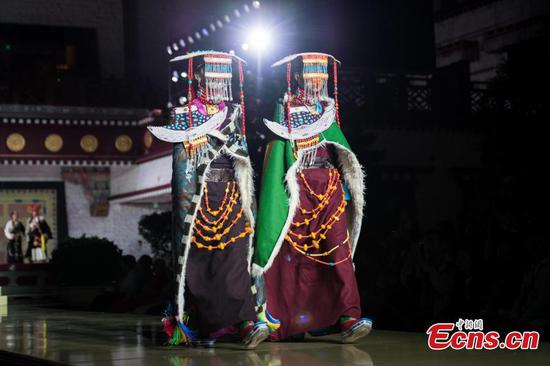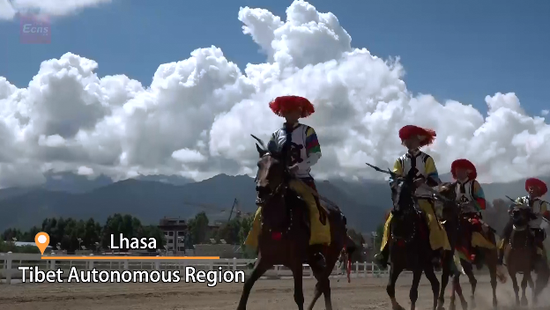Not giving up
Noriko Omori is a Japanese lawyer who is the leader of the legal team in compensation lawsuits filed by Chinese victims against the Japanese government. In 1994, she decided to join the team and traveled to Shanxi Province interviewing Chinese "comfort women."
Local people did not support discussing what they considered to be a shameful past, so Omori had to conduct the interviews in hidden areas, such as basements and warehouses.
Some Japanese lawyers were motivated to help the comfort women by their vanity, but not Omori. In the past 24 years, she has never thought of giving up.
Noting that the elderly women have tremendous courage to speak up, Omori feels a sense of responsibility for them. Moreover, these women have to suffer from being looked down on by their neighbors in backward rural villages in China. "They chose to talk about their experience to me because they trust me, hence, I should be responsible for them and cannot give up halfway," she added.
Omori told the Global Times that young Japanese who accept national education do not have an opportunity to learn about the history of the Japanese invasion of China.
In 2007, the Japanese court gave a final judgment, saying it accepted that the women were forced into sex slavery.
However, the court did not offer any apology or compensation to China's "comfort women."
Although her legal team lost the lawsuit, she feels it won a big achievement by getting the Japanese government to acknowledge its criminal behavior.
"In order to ask for the Japanese government's apology, I am making desperate efforts and I will keep doing it, so that more Japanese can learn about the truth of history," she said.
'It will never end!'
In September 1995, thousands of women and men from around the world met in Beijing for the Fourth World Conference on Women, where Omori offered legal aid to China's "comfort women." As a foreigner, she of course needed domestic Chinese help. Kang Jian, a delegate representing China's female lawyers at the conference, volunteered to provide assistance.
"I thought the assistance was just for one time, but I have done it for my whole life," Kang said.
Kang has traveled to the provinces of Shanxi, Hainan and Liaoning in order to help Japanese lawyers assist China's "comfort women" and sue the Japanese government.
Once she visited a victim called Liu Mianhuan. The elderly woman hugged her and said, "I am so dirty! I have not been a human for my whole life!"
In 1943, three Japanese soldiers broke down Liu's door, imprisoning the 16-year-old girl for 40 days, resulting in a lifelong disability.
Another elderly woman who made Kang's heart ache was Hou Qiaolian, who passed away in 1998.
During the war, someone in the village reported that her father had a connection with the Eighth Route Army of the Communist Party of China. The Japanese soldiers tortured them, and raped the 13-year-old daughter.
Kang said that after dozens of years, these women told her secretly that they still thought it was their fault, causing them shame throughout their entire lives.
"Don't think we will let it go when the victims pass away. It will never end!" Kang said.
Everyone should help
Su became a "comfort women" expert when he visited Japan as a scholar in 1992. A Japanese scholar heard that Su came from Shanghai, and asked Su if he was aware that the first Japanese comfort station was in that city.
"I didn't know at that time to be honest," Su said.
But he felt that as a Chinese, it was his responsibility to investigate the issue.
He started his research after returning from Japan in 1994. He thought there were four "comfort stations" in Shanghai, but later it was proved that the number surpassed 180.
Su said with regret that the research work started too late. "If we encouraged those women to speak out 30 or 50 years ago, there would be more [evidence] than now. What's more, many elderly women kept this a secret for all their lives."
It has been 11 years since the final judgment came out in 2007. Su said the Japanese government ascertains the sex slavery occurred, but ruled that in the 1972 China-Japanese Joint Statement, the Chinese government has given up the right to collect damages from the war. For this reason, the court ruled against the victims.
"But the statement did not say that victims give up the right to collect damages from the war," Su noted. "To some extent, I don't think the war has ended."
Talking about the film Great Cold, he said though it may have subtle shortcomings, the fact that it recorded the stories of "comfort women" is encouraging. He said that everyone should do something to acknowledge or help the "comfort women."










